I’ve suffered from depression since I was eight years old. It isn’t something I talk about a lot, but in the wake of the Robin Williams tragedy, perhaps I should. Depression is an insidious disease that can ruin the life of anyone, no matter how rich and famous they are.
It has taken a lot from my life over the years, and I’d be lying if I said I’ve never contemplated suicide, but I know one thing for certain: no matter how depressed I’ve ever gotten, and in two cases it literally lasted years, it has always gotten better, and I’ve always learned new, healthy ways to cope with it. Depression is temporary; suicide isn’t.

Robin Williams
Perhaps that sounds trite, but it’s nevertheless true. Suicide is a selfish, permanent solution to a temporary problem. I am sad that Robin Williams killed himself, but, more than that, I’m angry. He had friends, he had fans, and he had family. You don’t DO that to your family and your friends. People now have bloody, gaping holes in their lives, especially his children, because he couldn’t work through his shit. That’s an unforgivable thing to do to your family and friends, much less his children.
What about his fans? One might argue that Robin Williams’ didn’t owe his fans a damn thing, but I disagree. When you put yourself out there, when you make a career of being in the public eye, like it or not, you’re a role model. If Williams’ succumbed to depression despite his fame and fortune, what does that say for the rest of us?
In my novel Small Things, Sheriff Fred Ruskin suffers from depression. He even contemplates taking his life, but (minor spoiler alert) doesn’t follow through. Things get better for him, just like they got better for me in real life, and they probably would have gotten better for Robin Williams, too. Ruskin is depressed about the murder of his wife and daughter, but depression can strike anyone, for any reason, at any time.

Fred Ruskin from Small Things
If I’d killed myself as a child or a teenager, I would have missed out on so many things. I never would have had my first kiss, or lost my virginity. I wouldn’t have met so many good friends that I still have to this very day. I wouldn’t have written my first (admittedly very bad, and long since hidden away) novel.
If I’d killed myself as an adult, I never would have gotten married (twice!) or fathered a wonderful now-twelve-year-old son, nor would I have had the opportunity to write over 1,000 articles for various newspapers, magazines, and websites. I never would have went to Germany, or England, or Canada. And I certainly wouldn’t have written two novels that I actually published, with more on the way.
There were bad things that happened in my life, too, of course. My father was an abusive alcoholic who died from cancer in 1981. My first wife also died from cancer in 1999. I lost twice in my bid for a seat on the school board. But as sad as those things were, pain and death are a part of life. You get through the bad and you enjoy the good. That sounds simple, and it is simple, but it isn’t always easy.
In our culture, mental illness (yes, depression is a mental illness) is ignored, shamed, vilified, and (perhaps worst of all) mocked. But did you know that one out of eight men and one out of every four women go through a bout of depression at least once in their lifetime? That’s a lot of people that suffer from something we don’t even like to talk about. There’s a good chance that someone close to you has experienced depression, even if you haven’t.
About ten years ago, my wife’s best friend killed herself. Kelly suffered from schizophrenia and depression, and had tried to kill herself before, but it still came as a big shock. She left a huge amount of suffering and sadness in her wake. Some people get angry when I say that suicide is selfish, but I stand by that. Suicide is a coward’s way out. Life is worth fighting for, if not for yourself then for all the people who have invested their time and energy into loving you.
So let’s make a deal. If you feel like killing yourself, talk to a family member or friend first. If you can’t do that, call the national suicide prevention lifeline at 1-800-273-8255 or visit their website. If you can’t or don’t want to do that, then talk to ME. After all, I know what you’re going through, because I’ve been there, too. And I’m more than happy to listen.

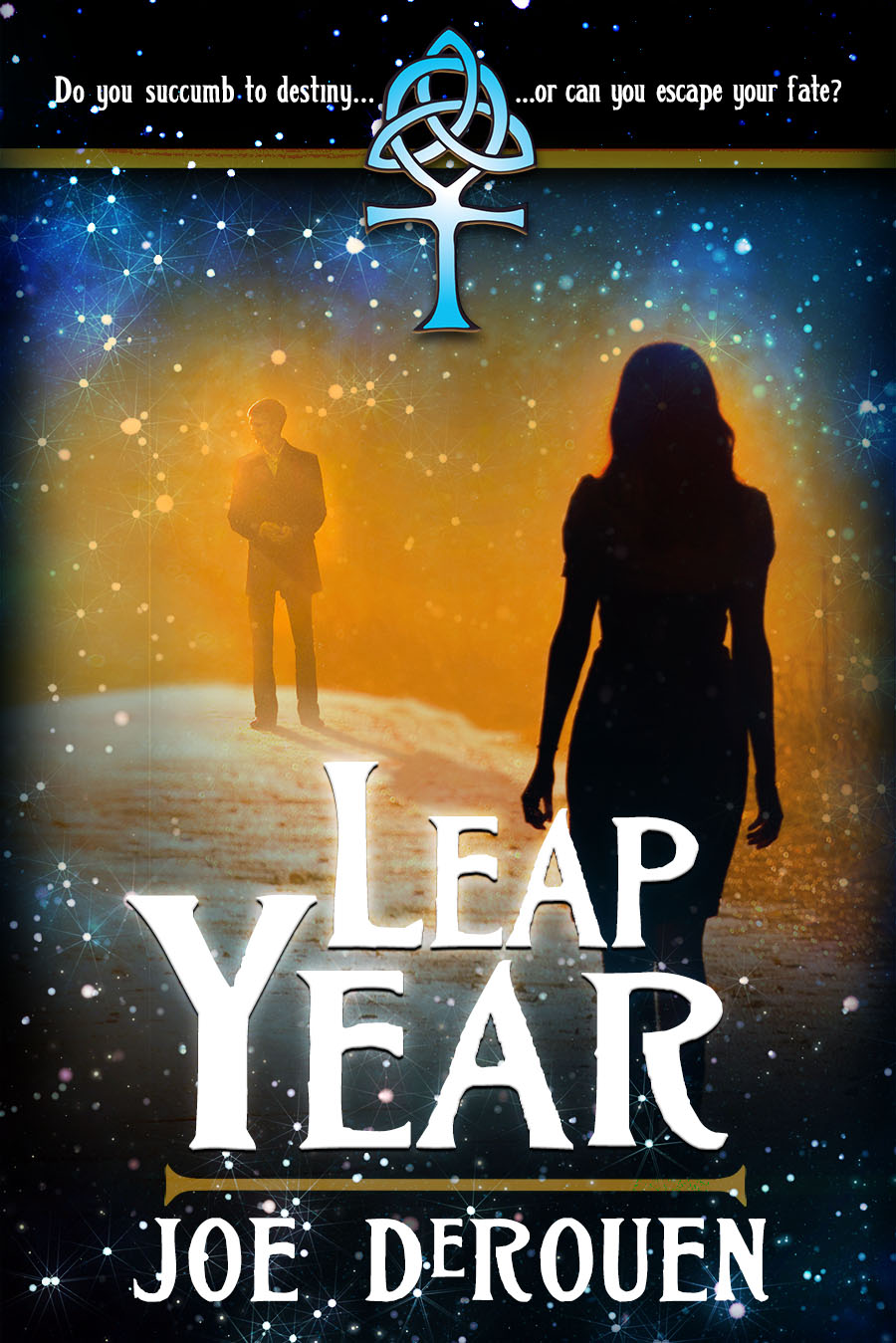
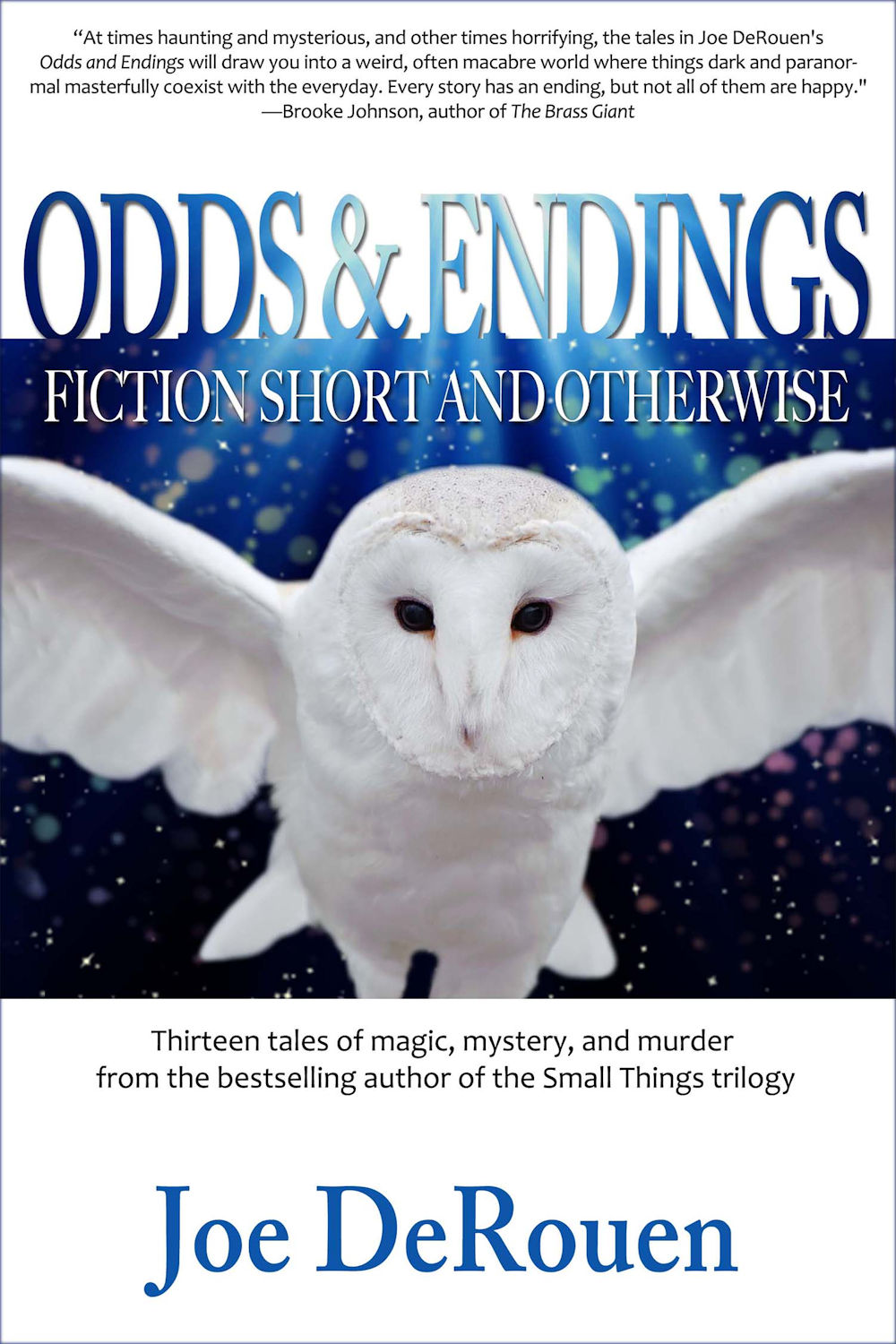
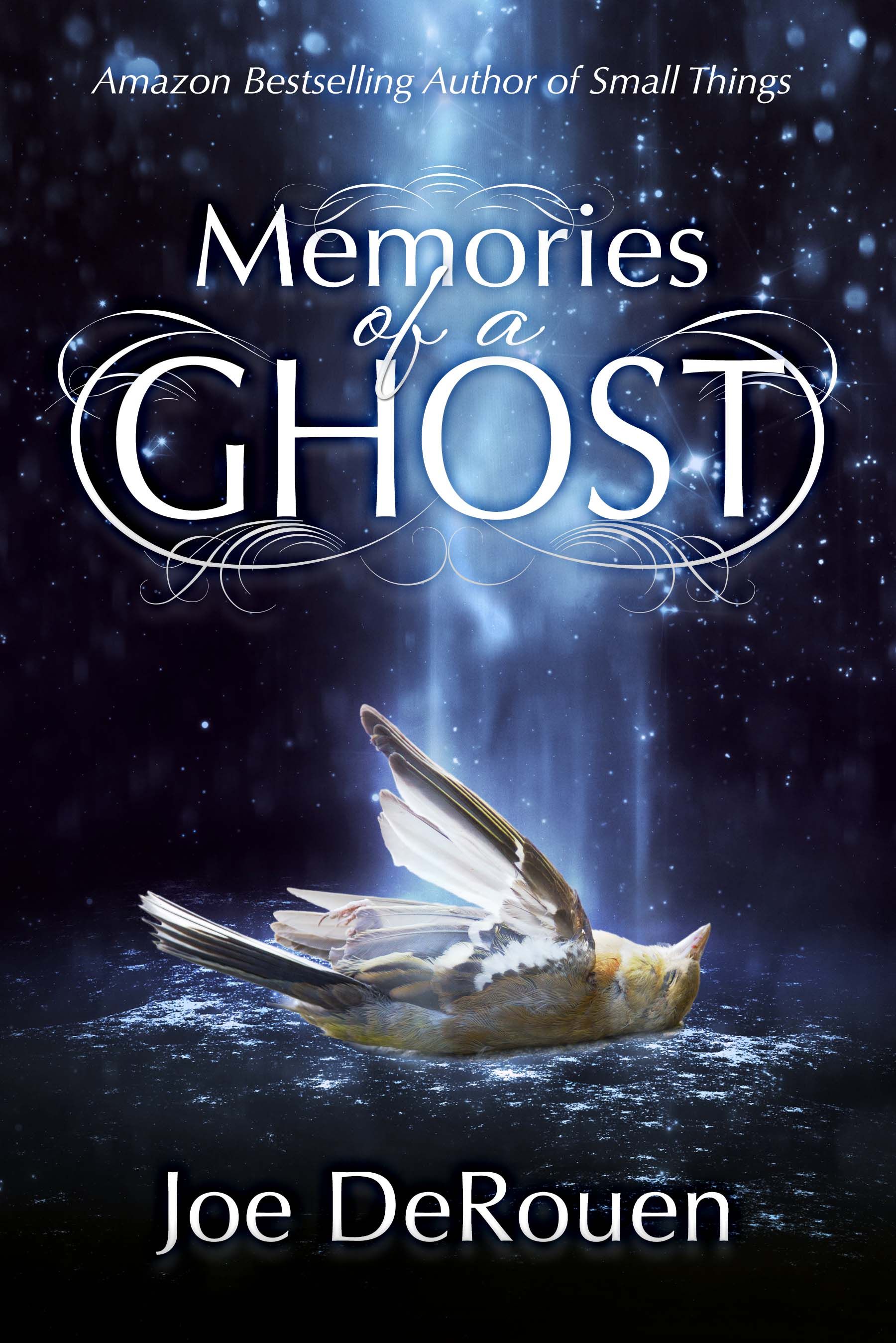
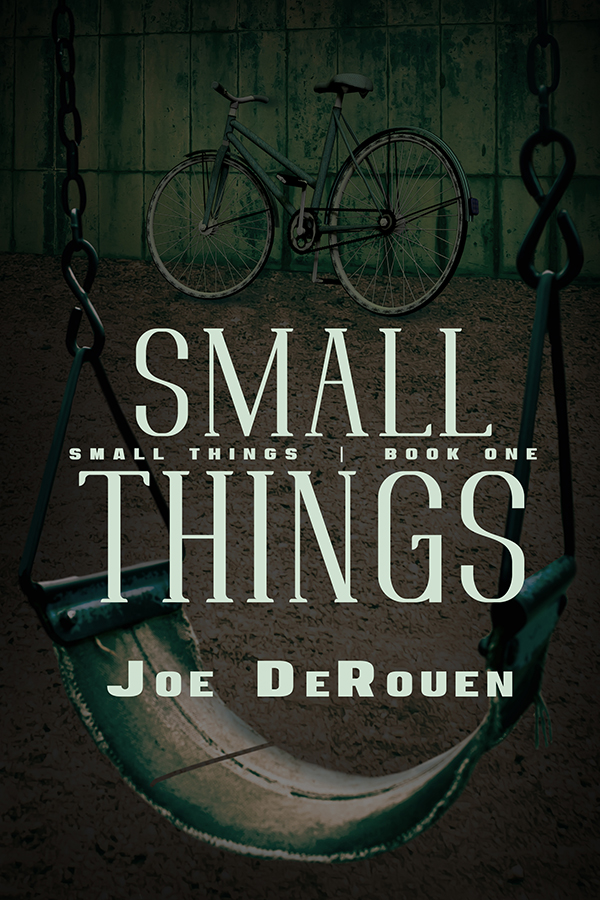
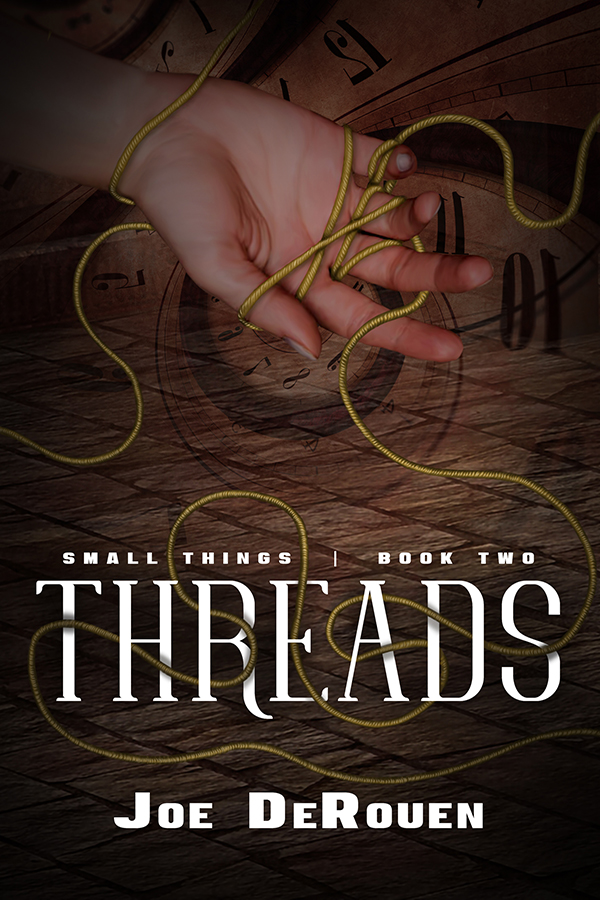
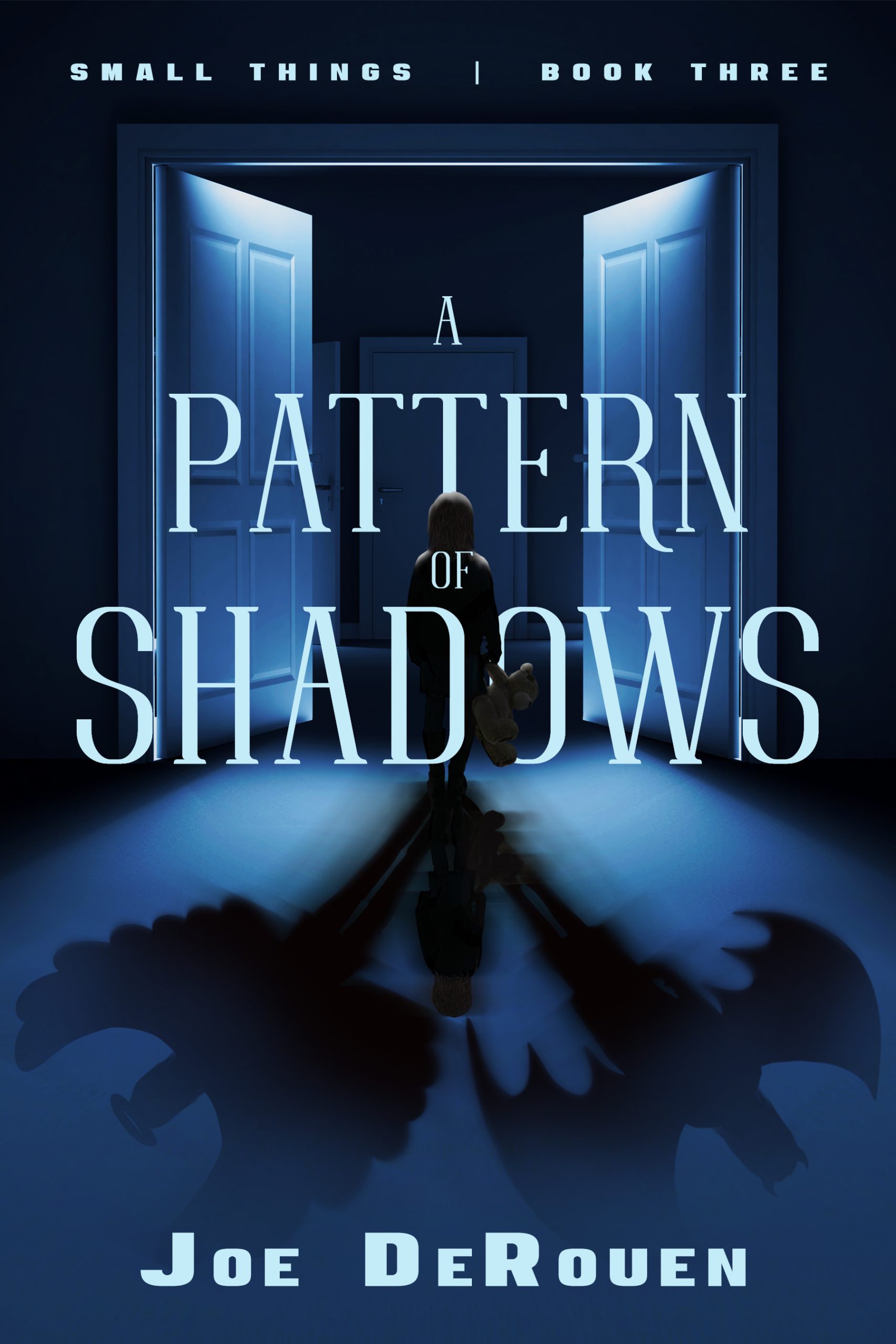
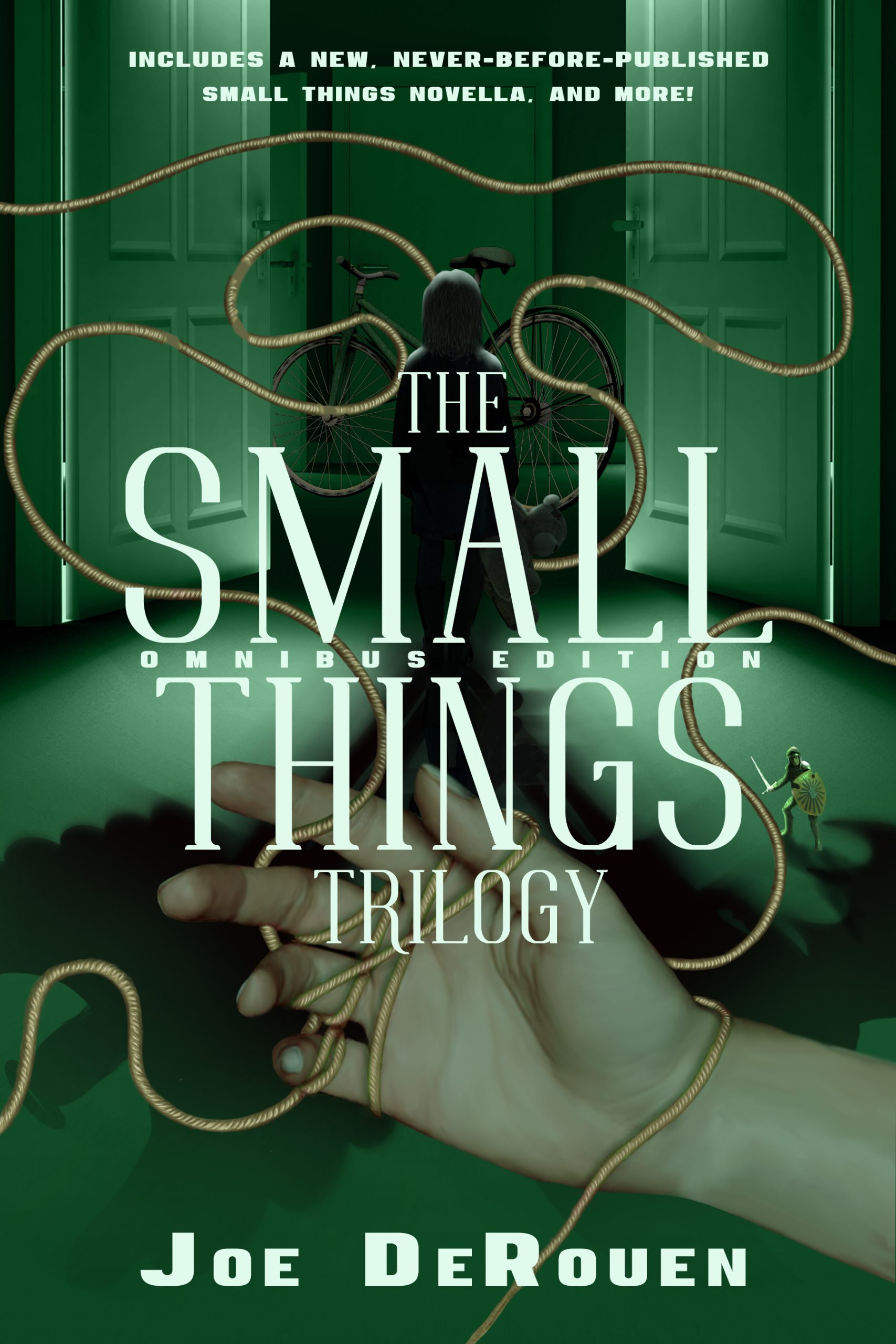
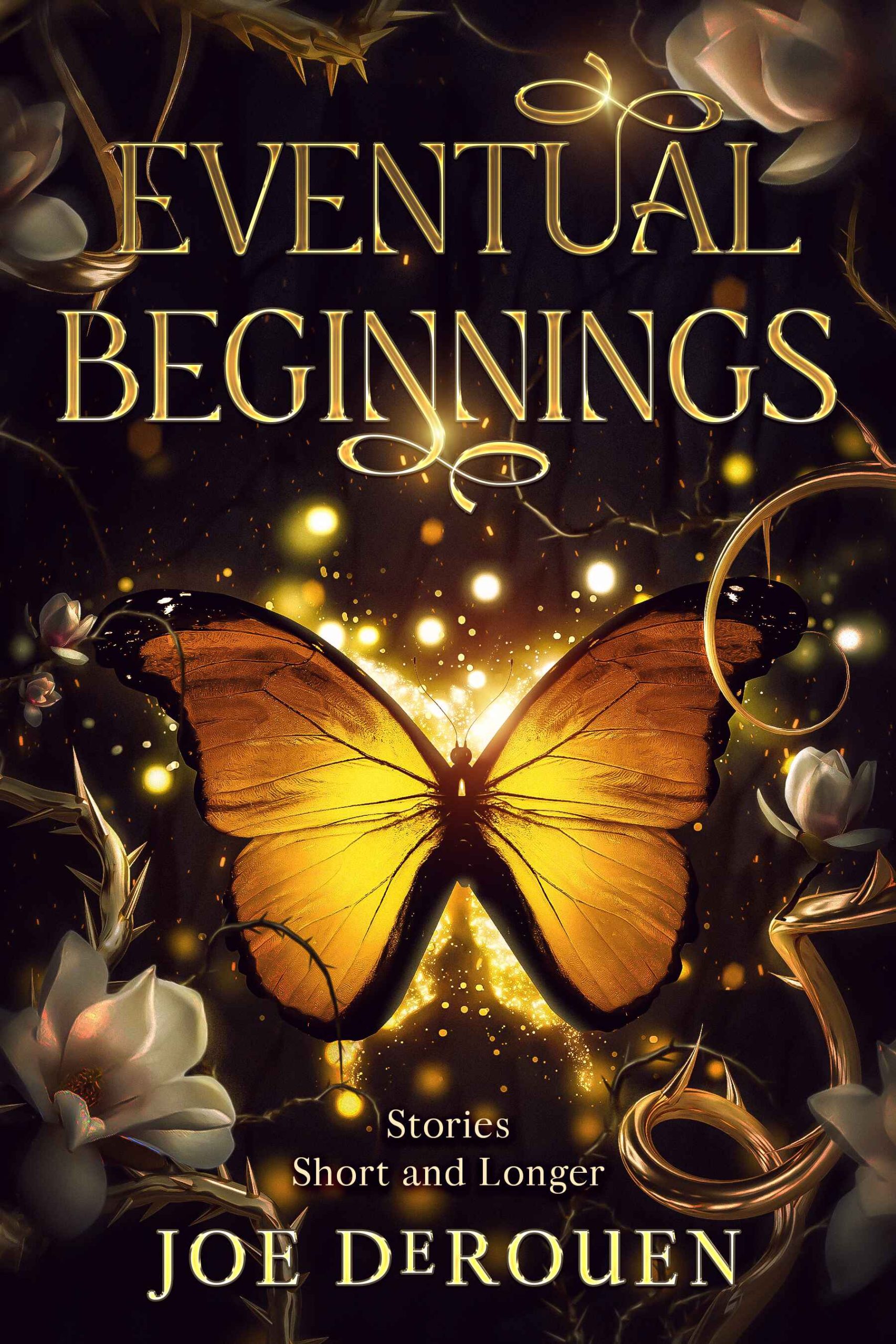
2 Responses
Good one Joe. As a fellow (sister?) sufferer, I can sympathize.
Awesome Joe as always! I had a family member that killed herself and there is a huge void in my life without her. I commend you on this subject!